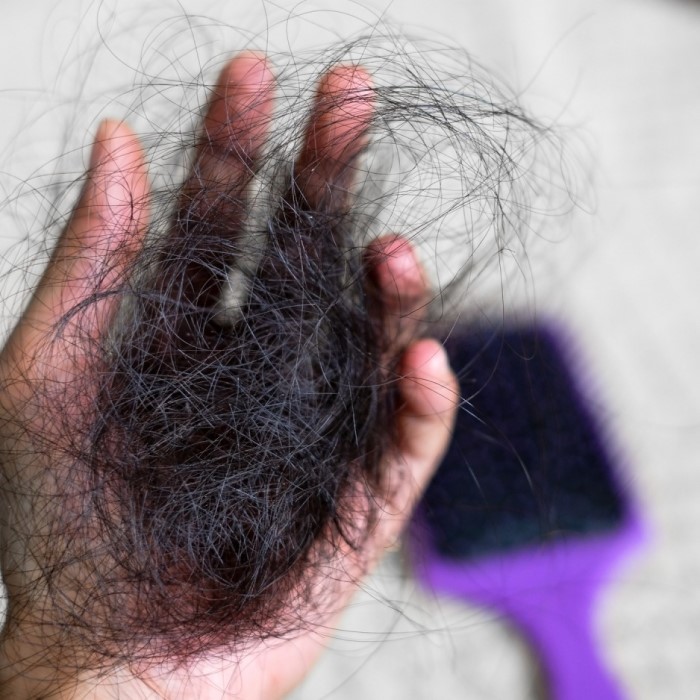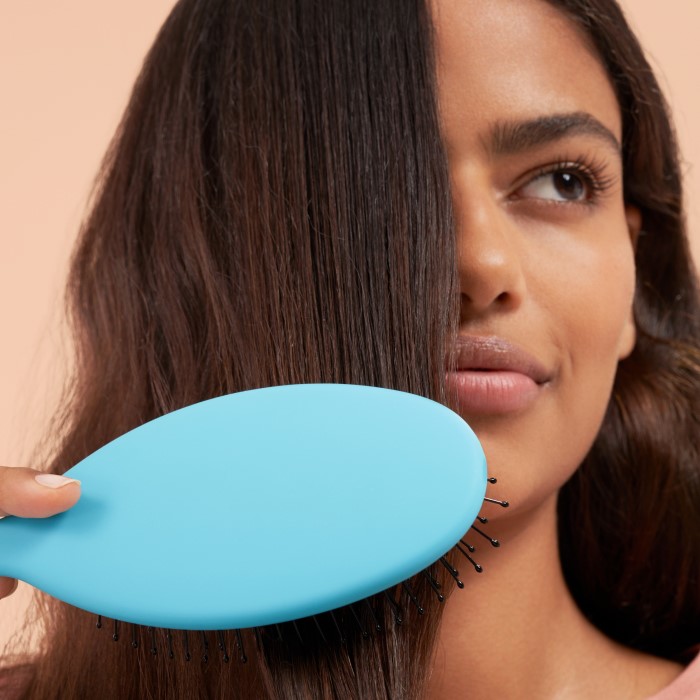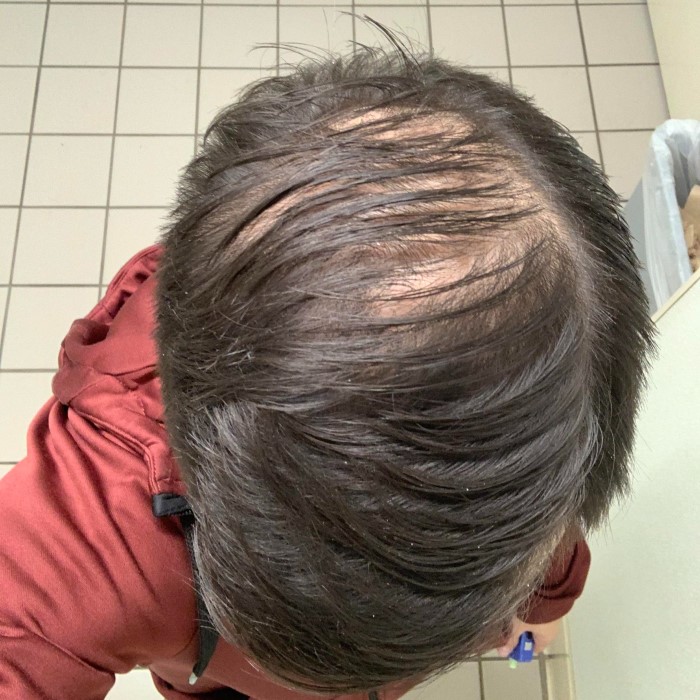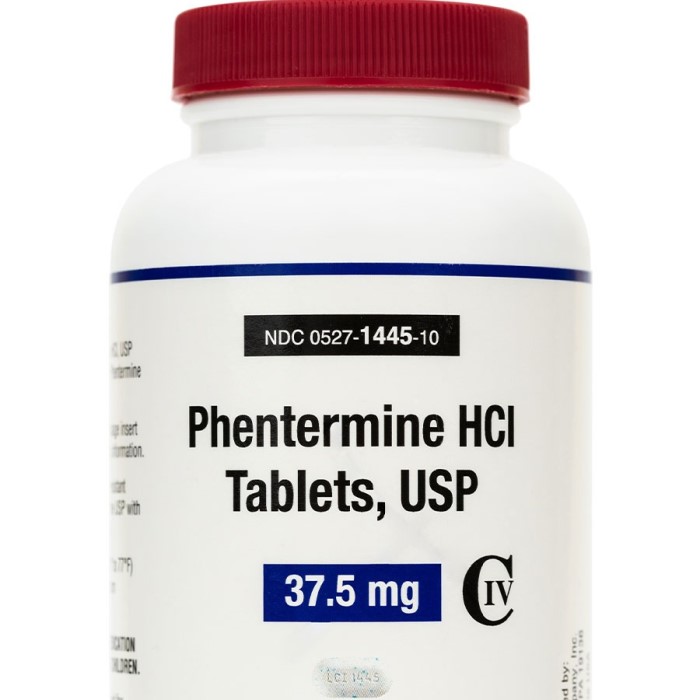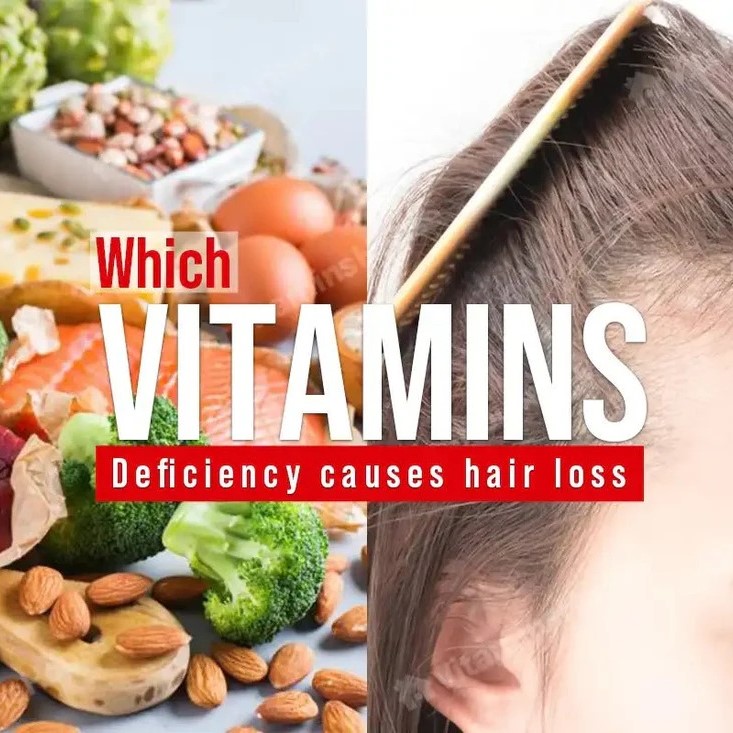
Can Vitamin Deficiency Cause Hair Loss? Key Insights for You
Introduction
The question “can vitamin deficiency cause hair loss?” is becoming increasingly pertinent in today’s health-conscious society. As individuals become more aware of the importance of nutrition, many are linking their eating habits to physical outcomes, including hair health. Hair thinning can be distressing, prompting many to seek answers regarding the potential role of vitamins in their overall hair condition. This article explores the essential vitamins that contribute to healthy hair, the effects of deficiencies, and practical steps to prevent or reverse hair loss associated with nutritional gaps in your diet.

Understanding Hair Growth and Loss
Overview of Hair Growth Phases
Understanding hair growth is crucial in assessing the potential effects of nutritional deficiency. Hair goes through a cyclic growth process that can be categorized into three main phases:
- Anagen Phase: This is the active growth phase where hair follicles produce new hair. This phase lasts several years, and the duration of this phase can vary by person.
- Catagen Phase: A transitional stage where hair growth slows down, and the hair follicles begin to shrink. This phase typically lasts a few weeks.
- Telogen Phase: The resting phase lasts several months. At this point, hair is not actively growing and can be shed. Under normal circumstances, it is typical to lose 50 to 100 hairs a day during this phase.
A balanced supply of nutrients is essential for maintaining these growth cycles. When the body lacks vitamins, it can disrupt normal hair growth, leading to thinning or loss.
Common Causes of Hair Loss
Several factors can contribute to hair loss, some of which are related to vitamin deficiencies. Understanding these causes can help individuals identify whether their hair issues are linked to nutritional shortcomings:
- Genetic Predisposition: Hereditary hair loss, known as androgenetic alopecia, affects millions of individuals regardless of gender and often leads to gradual thinning or baldness.
- Hormonal Changes: Significant hormonal fluctuations from pregnancy, menopause, or thyroid disorders can impact hair health. These conditions may lead to hair shedding or changes in growth cycles.
- Medical Conditions: Autoimmune diseases, such as alopecia areata, or scalp infections like ringworm can directly result in hair loss. Chronic illnesses can compound these effects.
- Nutritional Deficiencies: A lack of essential vitamins and minerals, including iron, biotin, and zinc, has been linked to hair thinning and shedding.
- Stress and Lifestyle Factors: High-stress levels can adversely affect the hair growth cycle, contributing to temporary forms of hair loss, such as telogen effluvium.
By recognizing these factors, we can understand how vitamin deficiencies could exacerbate or lead to hair loss.
The Role of Vitamins in Hair Health
Essential Vitamins for Hair Growth
Can vitamin deficiency cause hair loss? Vitamins play a critical role in maintaining healthy hair. Here are some vital vitamins linked to hair health:
Vitamin A
- Importance: Vitamin A promotes cell growth, which is essential for the production of new hair. It also helps the sebaceous glands keep hair moisturized by producing sebum.
- Deficiency Effects: Low levels of vitamin A can result in dry and brittle hair, potentially leading to hair loss. However, consuming extremely high amounts may be toxic and also cause hair shedding.
B Vitamins
- Biotin: Commonly known as vitamin H, biotin is crucial for energy production and promotes the growth of healthy hair. Studies show that biotin deficiency can lead to significant hair loss.
- Other B Vitamins: Vitamins such as B12 and B6 support the production of red blood cells, which carry oxygen to hair follicles. This oxygen supply is vital for stimulating hair growth.
Vitamin D
- Connection to Hair Follicles: Vitamin D is essential for creating new hair follicles. Insufficient vitamin D levels have been linked to hair loss conditions, including alopecia areata.
- Sources: You can obtain vitamin D through exposure to sunlight, fish, fortified dairy products, and egg yolks.
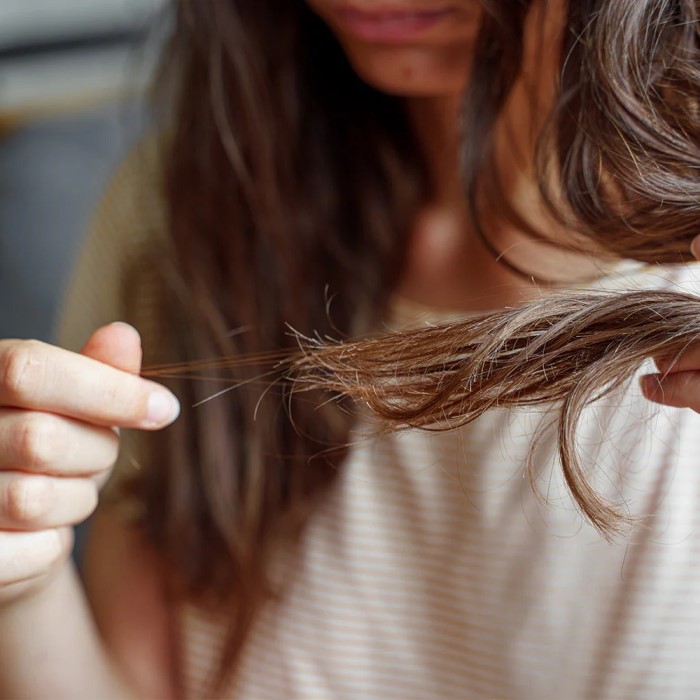
Vitamin E
- Antioxidant Function: Vitamin E is an antioxidant that protects hair from oxidative damage. It improves blood circulation, which helps nourish the scalp and encourages growth.
- Deficiency Effects: Lack of vitamin E can lead to weak hair that breaks easily, and it may be a contributing factor to hair thinning.
The Impact of Vitamin Deficiency on Hair Loss
How Deficiencies Affect Hair Health
When vitamin levels in the body drop, it can result in significant changes to hair health:
- Disruption of the Hair Growth Cycle: Insufficient vitamins can lead to a halt or slow in the hair growth cycle. Hair follicles may prematurely transition into the telogen phase, leading to increased shedding.
- Loss of Hair Quality: Deficiencies can weaken the structure of hair, making it more prone to breakage. This results in dull, lifeless hair that appears thin.
- Overall Health Link: Prolonged nutritional deficiencies can impact overall health. As the body struggles with insufficient nutrients, it can negatively influence hair quality and growth.
By understanding these impacts, individuals can take proactive steps to address potential deficiencies that contribute to hair loss.
Identifying Vitamin Deficiency Symptoms
Recognizing Signs of Hair Loss
Can vitamin deficiency cause hair loss? Being attentive to the early signals of vitamin deficiency can help identify the need for dietary adjustments:
- Brittle and Dry Hair: If your hair feels rough and breaks easily, it could indicate insufficient nutritional intake, particularly of vitamins A and E.
- Visible Thinning: A noticeable decrease in hair density or areas of sparse hair can signify a lack of essential vitamins, especially biotin and certain B vitamins.
- Scalp Issues: Dryness, redness, or scabs on the scalp may suggest vitamin E insufficiency or a lack of overall nutrient balance.
- Slow Growth: Changes in the speed of hair growth can also serve as an indicator. If your hair is not growing as fast as it used to, nutritional deficiencies may be the cause.
- Fatigue and Weakness: Feeling unusually tired is often linked to insufficient vitamin levels. Low energy can raise concerns about overall health, affecting your hair as well.
Addressing Vitamin Deficiency to Combat Hair Loss
Steps to Restore Hair Health
To mitigate hair loss due to vitamin deficiencies, individuals can adopt the following strategies:
Balanced Diet
- Emphasize Whole Foods: Make it a priority to consume a balanced diet rich in a variety of whole foods. This includes focusing on fruits, vegetables, whole grains, and lean proteins.
- Nutrient-Dense Options: Different food groups provide essential vitamins and minerals necessary for hair health. For example, leafy greens are rich in iron, while fruits like berries offer antioxidants that promote scalp health.
- Diversity Matters: Incorporate a colorful array of foods into your meals. A diverse diet ensures that you receive a broad spectrum of nutrients, which can support overall well-being and hair vitality.
Consider Supplements
- Assess Nutrient Needs: If you find it challenging to meet your daily nutrient requirements through diet alone, you might contemplate the addition of dietary supplements.
- Choose Wisely: Look for supplements that specifically target vitamins known to promote hair health, such as biotin, vitamin D, and iron.
- Consult a Professional: Always seek advice from a healthcare professional before starting any supplementation. They can provide guidance on appropriate dosages and assess whether supplements are necessary based on your individual health profile.
Regular Health Checks
- Routine Medical Check-Ups: Schedule regular health check-ups to monitor your overall nutritional status. This proactive approach can help you catch potential deficiencies early on.
- Importance of Blood Tests: Request blood tests during your check-ups, as these can identify any significant deficiencies in essential vitamins and minerals that may impact hair health.
- Stay Informed: Understanding your nutritional status can empower you to make informed dietary choices or seek further interventions if needed.
Hydration
- Essential for Health: Adequate hydration is crucial not just for overall health, but also for the visibility and integrity of your hair. Well-hydrated hair tends to look shinier and healthier.
- Role in Nutrient Absorption: Drinking enough water facilitates nutrient absorption, ensuring that the vitamins and minerals consumed are effectively utilized by your body.
- Improved Circulation: Proper hydration also supports blood circulation to hair follicles. Good circulation helps deliver nutrients and oxygen necessary for hair growth.
Expert Consultation
- Seek Professional Help: If you experience ongoing hair loss despite adopting a balanced diet and good hydration practices, consider seeking professional advice.
- Registered Dietitian Services: Consulting a registered dietitian can provide you with personalized dietary recommendations. They can evaluate your current eating habits and suggest specific improvements tailored to your needs.
- Holistic Approach: An expert can also help identify any underlying health issues contributing to hair loss and aid in developing a comprehensive plan for improved hair health.
Frequently Asked Questions
Here are some common questions related to vitamin deficiency and hair loss:
Does hair loss from vitamin deficiency grow back?
Yes, hair loss due to vitamin deficiency is often reversible. Once the nutritional intake is corrected, hair may begin to regrow, provided that the hair follicles remain healthy.
What is the best vitamin for hair loss?
Biotin (vitamin H) is often cited as one of the best vitamins for hair growth. Additionally, vitamins D and E play significant roles in maintaining overall hair health.
What does vitamin D hair loss look like?
Vitamin D deficiency can lead to diffuse thinning over the scalp. In some cases, it may contribute to patchy hair loss patterns characteristic of conditions like alopecia areata.
Can lack of B12 cause hair loss?
Yes, a deficiency in vitamin B12 can lead to hair loss. Since this vitamin is crucial for producing red blood cells, its deficiency can prevent adequate oxygen supply to hair follicles.
Conclusion: Understanding the Link Between Vitamin Deficiency and Hair Loss
In conclusion, the inquiry “can vitamin deficiency cause hair loss?” provides important insights into the relationship between nutrition and hair health. Vitamins are vital for maintaining healthy hair, and deficiencies can lead to significant issues that affect growth and quality.
By adopting a balanced diet, addressing any nutritional gaps, and staying aware of symptoms, individuals can take positive steps toward preventing hair loss. Embracing a holistic approach to health ensures not only vibrant hair but also overall well-being. Make informed dietary choices to support your hair health today and pave the way for luscious locks tomorrow. Take action now for a healthier, more vibrant you!
